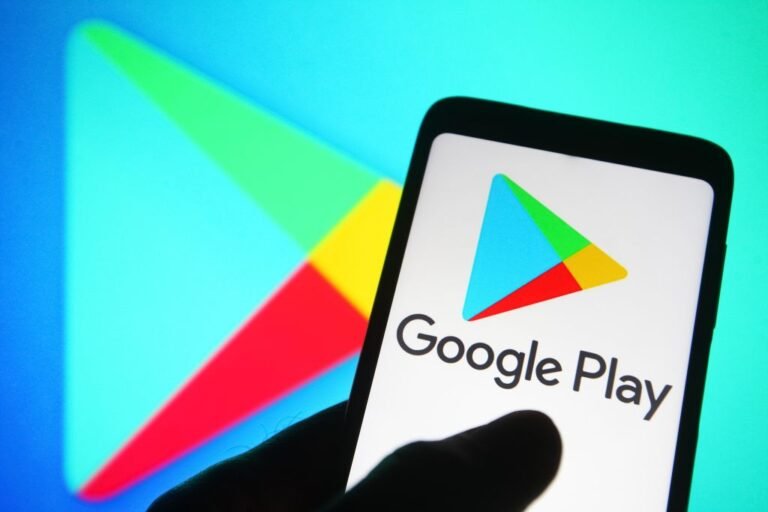Google announced today that it will pay $700 million as part of a settlement with the US attorney general in a lawsuit over the Google Play Store. Along with this, the company has also agreed to take some measures regarding Google Play billing, sideloading and how side apps are updated.
Here’s a list of the changes Google has agreed to implement. All such clauses will be effective from the effective date of the settlement.
Third-party app stores and sideloading
- For at least seven years, Google will support app installations on Android outside of Google Play in different ways, including third-party app stores.
- Google won’t force developers to launch their apps simultaneously or earlier on Google Play for at least four years. This also includes not entering into an agreement with developers to offer a version with more features on Google Play.
- For four years, Google will allow third-party companies to use APIs to automatically update apps, use “decoupled features” to download part of an app on demand, and support a consent mechanism to stop updating apps while an app is used.
- Google should also allow pre-installed apps or third-party app stores to retain “exclusive” rights to update an app unless the user chooses to do so from another source. However, developers can opt out of allowing users to update the app from a different source.
- Currently, Google displays a warning screen when you try to install apps from alternative sources. Then users have to press the settings button to allow installing apps from other sources. For at least five years, Google should combine both of these screens into one with the following message: “Your phone is currently not configured to install apps from this source. Granting this source permission to install apps could put your phone and data at risk.”
Alternative charge
- For at least five years, Google must allow developers to offer alternative billing mechanisms for in-app purchases. Additionally, it cannot force developers to offer the best prices through Google Play billing.
- Google can only collect minimum required data from the developer if a consumer chooses another billing option. In addition, the company cannot use this data to compete against the applications.
- Google will have to allow developers to contact users outside the app – with information collected from outside or within the app with consent – for promotions related to pricing and billing for at least six years.
- Developers can offer discounts to promote other billing systems and display them in the app. Additionally, Google cannot prevent them from displaying charges associated with Google Play or the Google Play billing system.
- For six years, Google will allow developers to display information about other purchase options, such as “Available on our site for $9.99,” without any link.
OEM clauses
- Google cannot make an agreement with phone manufacturers to have Google Play as the exclusive app store on devices to put Google Play on the home screen for at least five years.
- For the same period, device makers won’t need to seek “consent” from Google to preload a third-party app store.
- For at least four years, Google must provide preloaded apps from OEM installers.
While these changes seem like a lot, they may be small changes for Google. As we found out during our Epic vs. Google test, the 4% discount Google offers on the user opt-in fee may not be enough for developers to make a change to another payment processor if the cost exceeds the savings. Moreover, other app stores need to provide enough incentive and large audience to the developers so that they can earn more money through these app stores.
